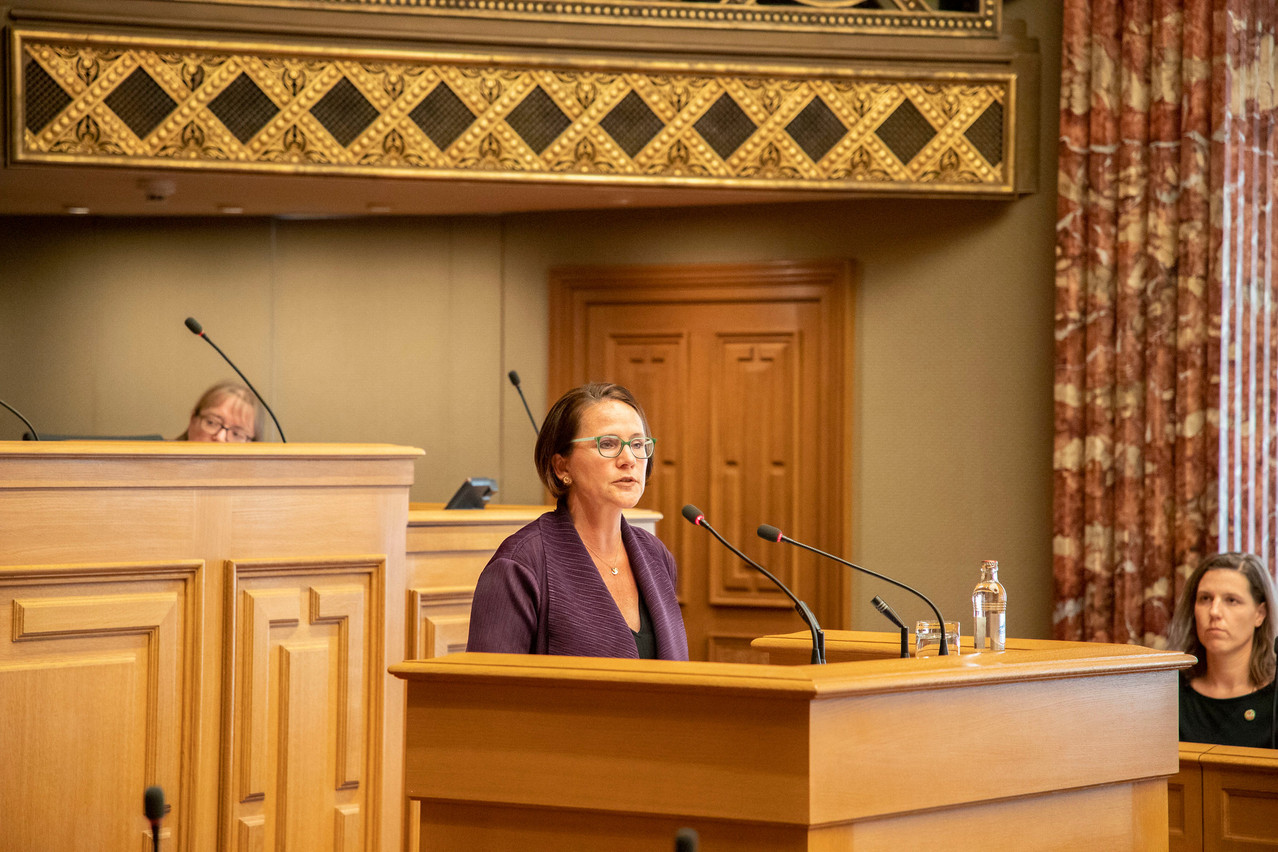In March, the government, employer groups and labour unions in so-called tripartite talks had agreed that salaries would be adjusted for inflation just once this year and next year and that any additional indexation payments would be postponed until 1 April 2024. However, this left a number of open questions about what would happen to any additional tranches due past that date in case of a backlog.
Statec had estimated that three indexation payments could be triggered because of high inflation this year.
In an update to the draft law currently being discussed in parliament, the government has decided to uphold only the delay of one index payment until 1 April 2023. It wants to uphold the principle that 12 months should lapse between indices, but any additional indexation payments will need to be regulated by another meeting of the tripartite and pass a new law.
“The government has proposed amendments to be clearer and to respond to the uncertainties concerning future developments,” said member of parliament (déi Gréng), who believes that “the other index brackets are not predictable, either in terms of their timing or their frequency.”
Satisfaction of the opposition
“We’re satisfied,” said opposition MP (CSV), who agreed with the social partners that the previous version of the draft law did not faithfully reflect the so-called tripartite agreement signed on 31 March 2022.
The agreement had regulated the payment of indexation until 2024 but since the three sides agreed on the measure, high inflation has meant that statistics office Statec predicted more indexations than initially foreseen. This left the agreement out of date.
The OGBL labour union--which had refused to sign the tripartite agreement and called for the withdrawal of the draft law because of the index clauses--was also satisfied with the amendments that “limit the manipulation of the index to a single index bracket.”
In a statement issued in the wake of the government’s decision, the union said that “the new tripartite meetings planned by the government should not be limited to discussion of the index,” saying this would be “the wrong response to the problems facing the Luxembourg economy.”
"Rendezvous clause
The director of business union UEL, , said the development isn’t a step backwards. Business groups had lobbied for the index to be postponed to prevent companies from facing rising payroll costs.
“It is still the same agreement that will be applied and the mechanism remains the same,” he said. “The government has only decided to implement it in stages. It is not going to convene a tripartite to decide to postpone the index. It’s a rendez-vous clause.”
In a tripartite committee meeting with MPs on Friday morning, finance minister (DP) did not directly answer questions about a likely bottleneck in indexation on 1 April 2024, leaving any future tripartite to solve the problem.
Luxembourg next heads to the polls in October 2023, so a new government could then also be in charge.
This story was first published in French on . It has been translated and edited for Delano.
